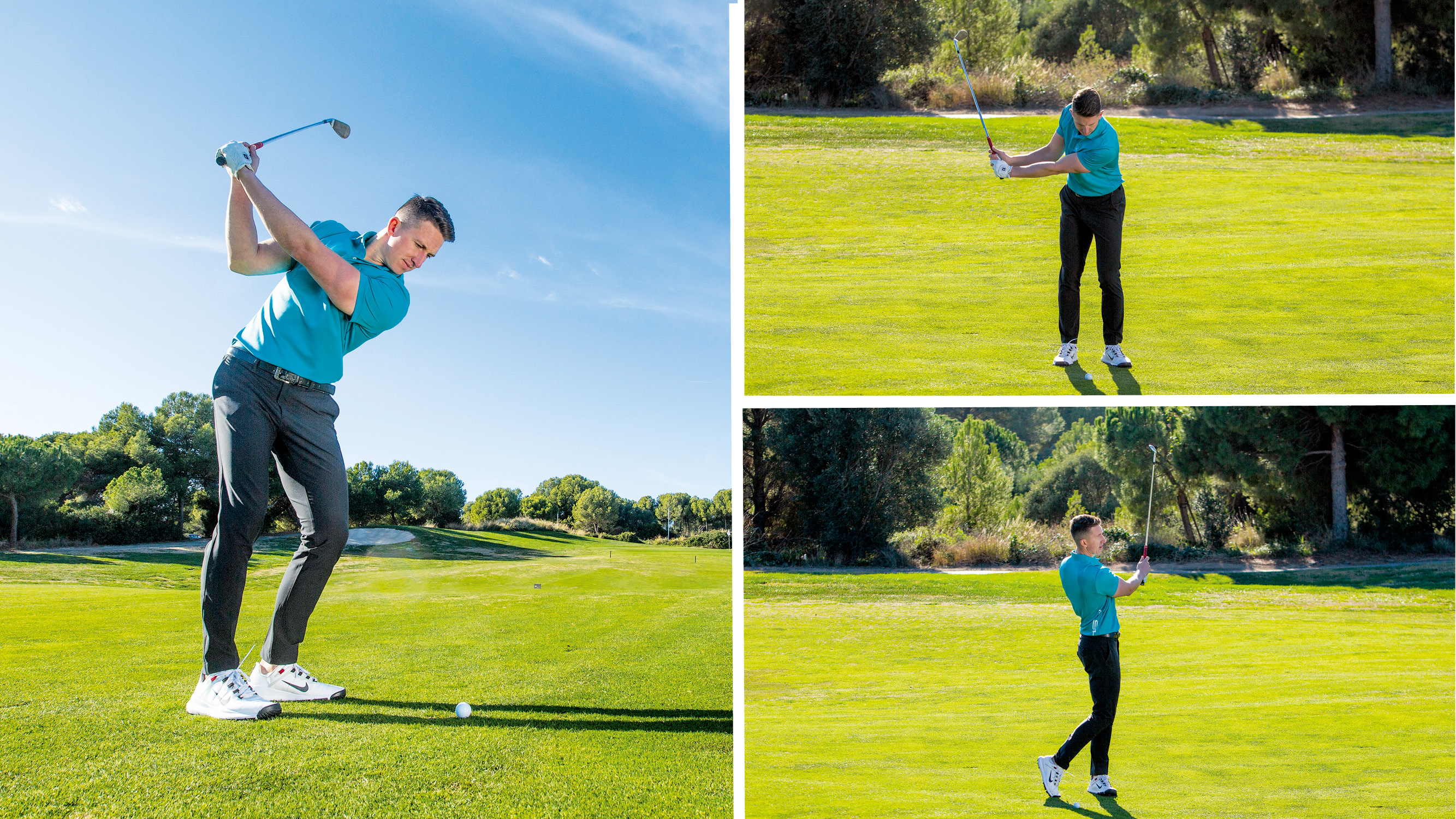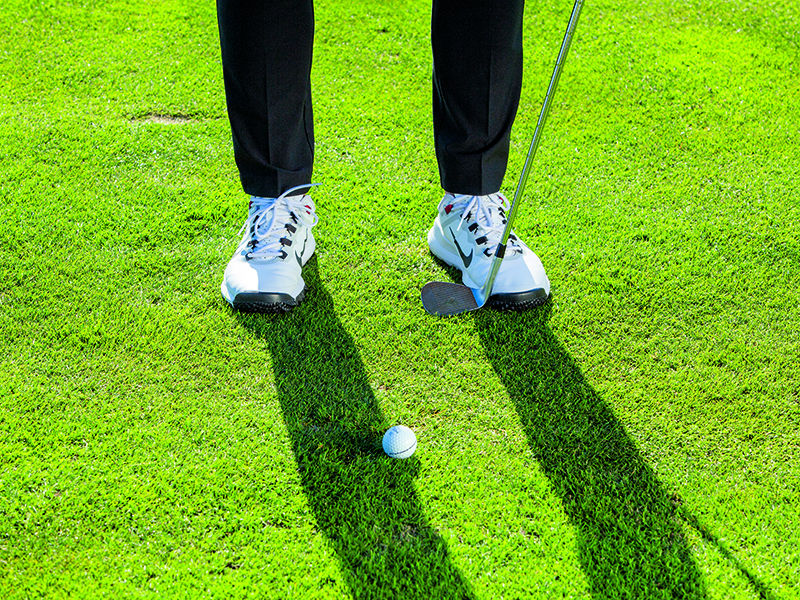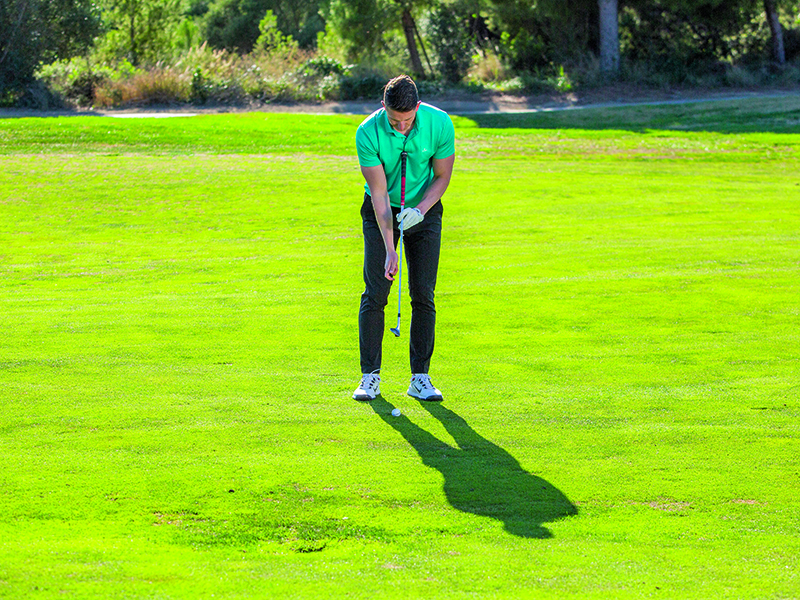
If you are a golfer that regularly comes up short around the greens, the ability to get the ball up and down consistently is hugely important for your scorecard and your sanity.
Being able to generate plenty of power in your tee shots and hitting your irons a long way are both great skills to have, but mastering this tricky short game skill will save you plenty of shots and help to lower your handicap.
In this article, Golf Monthly Top 50 Coach Gary Munro shares his expert tips on how to master the 80-yard pitch shot...
How To Master The 80-Yard Pitch Shot In Golf...
Most of us have a club for the distance from 100 yards, but are you making enough birdies from inside 100 yards? Probably not.
One of the big differences between mid-handicap and scratch golfers is the ability to get those wedges close inside 100 yards – key to making birdies and saving pars. If I found myself in a position where I had 80 yards left, I'd go for my 54˚ wedge.
It goes 100 yards, but I like to hit my wedges softer to control launch angle and spin rate. To achieve this, the first thing is to set your sternum slightly left of the ball at address.
At set-up, your stance width should have a width of three clubheads between the feet, with ball position in the centre of the body and a bit more weight on the lead side.

This encourages you to have your sternum in the right place to help get that ball-turf interaction, plus the correct spin and launch angle to control your distances. To help take distance off the shot, you should grip down the club. A good guide is that every inch you grip down will take off around five yards.
If a full-length backswing goes 100 yards, you need to reduce it to three-quarters, which is where my hands reach my rib cage. Don’t use the clubhead as a measure, as we all have varying degrees of wrist hinge.

We then want the hands to reach the rib cage again on the follow-through. A great way to practise is to not always try to hit the number – try to hit 90 yards, then 70 and then 80. This gets you attuned to adding and taking off distance before getting a feel for the right number.
Set aside some time to practice and test it out for yourself. Before long you will be setting up plenty of birdie opportunities from this tricky distance and feeling much more confident with a wedge in your hands.







